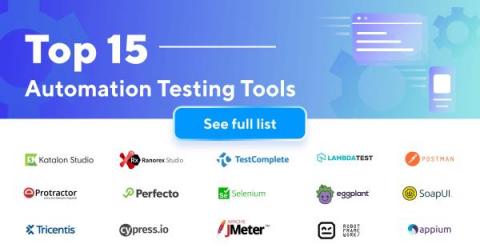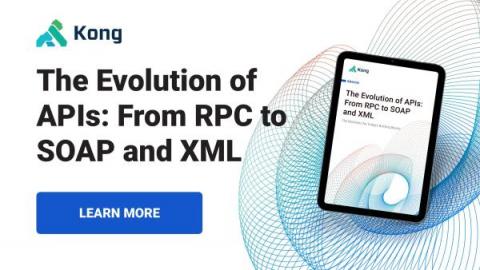Top 15 List of Automation Testing Tools | Latest Update in 2022
Automation testing tools are applications designed to verify function and/or non-functional requirements via automated test scripts. With the Agile and DevOps manifesto as the standard of software testing, setting a clear-cut automation testing tools evaluation strategy is key. Ultimately, this strategy will need to answer the questions of: Plus, there isn’t really a one-size-fits-all automation tool. It really boils down to your team’s specific needs.











